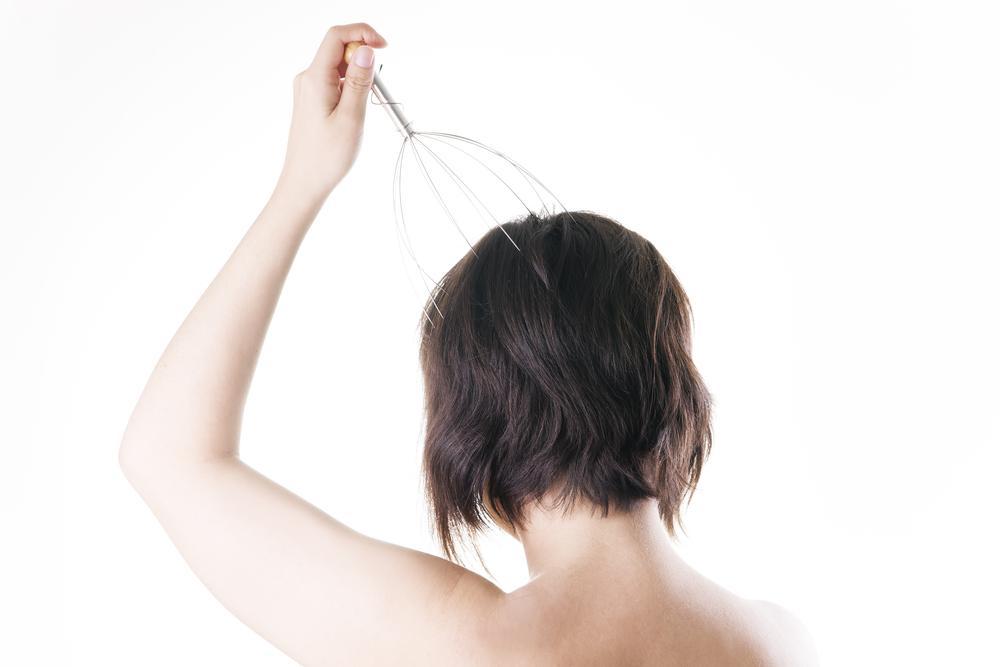Understanding the Causes and Triggers of Persistent Migraine Headaches
Chronic migraines are long-lasting headache conditions caused by factors like neurological issues, hormonal changes, and lifestyle triggers. Recognizing these causes is crucial for effective management. Symptoms include frequent, severe headaches, often triggered by stress, caffeine, or hormonal shifts. Consulting a healthcare provider for diagnosis and treatment can significantly improve quality of life. Understanding personal triggers and maintaining healthy habits are key to reducing migraine episodes. Early intervention and lifestyle adjustments can help control chronic migraine severity and frequency.

Understanding the Causes and Triggers of Persistent Migraine Headaches
Migraine is a neurological condition characterized by intense headaches often localized to one side of the head. It can severely impact daily routines, presenting as throbbing or pulsating pain aggravated by movement or physical activity. Migraine episodes can be either episodic or chronic. An episodic migraine involves short-term attacks occurring less than fifteen days a month, with intervals spanning weeks or months.
Persistent or chronic migraines involve over fifteen headaches per month, with at least eight being moderately or severely painful, not linked to medication overuse. These headaches tend to last longer and happen more often, often developing gradually over time. While the root cause remains unclear, various factors and triggers contribute to chronic migraines.
Several factors can induce or worsen chronic migraines. These include neurological issues like brain injuries or infections, chemical imbalances in the brain, genetic predisposition, and vascular problems affecting blood flow to the brain. Traumatic brain injuries, infections such as meningitis, or tumor growth can exert pressure on brain structures, leading to chronic pain. Changes in intracranial pressure and blood vessel irregularities also play a role.
Triggers vary from person to person but often include stress, hormonal shifts, caffeine consumption, medication effects, and environmental factors. Stress releases peptides that cause blood vessel inflammation, while hormonal imbalances disrupt normal brain functions, both triggering migraines. Medications that alter blood vessel size or flow can also contribute. Recognizing these triggers and symptoms is essential for managing chronic migraine effectively.
If you experience frequent or severe headaches, consulting a healthcare professional is recommended to determine the underlying causes and receive appropriate treatment. Early diagnosis and lifestyle adjustments can help reduce the frequency and intensity of migraines.










